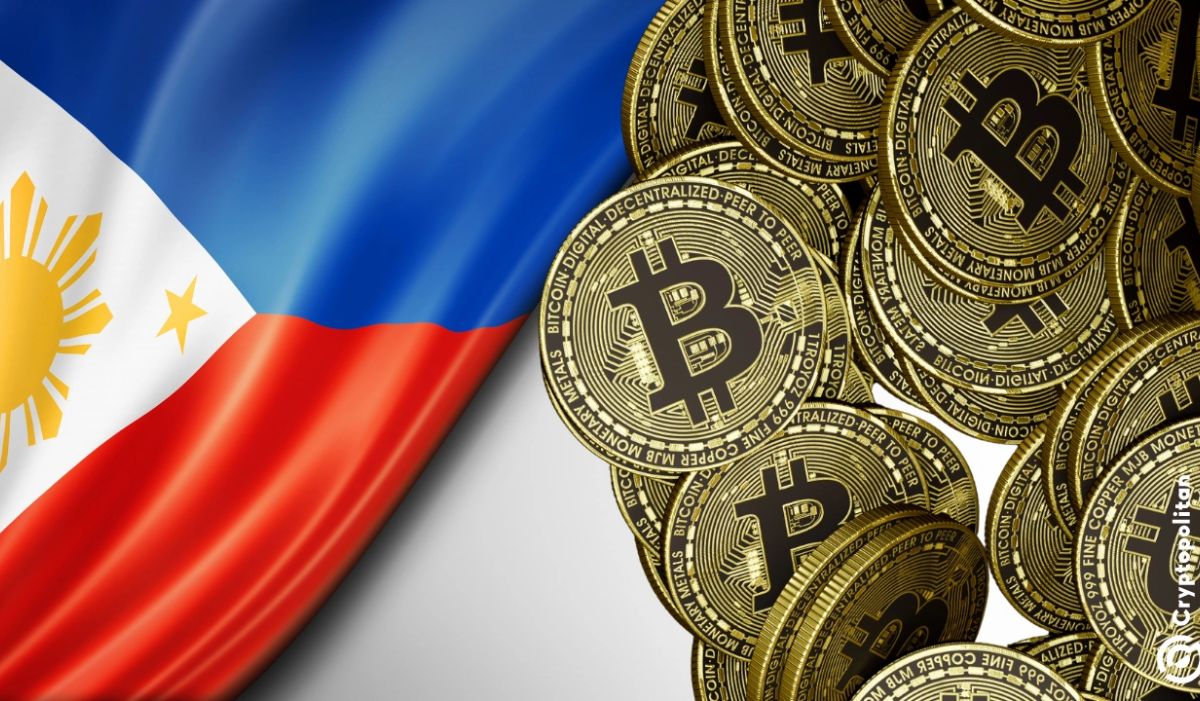Philippines Considers Building $1.1B Bitcoin Reserve to Strengthen Economy

The Philippines is weighing a proposal that could see the country build a large Bitcoin reserve as part of its long-term financial strategy. A new bill introduced in Congress by Representative Migz Villafuerte calls on the Bangko Sentral ng Pilipinas (BSP) to gradually purchase 10,000 BTC over five years.
The measure, filed during the First Regular Session of the Twentieth Congress, outlines an annual acquisition of 2,000 BTC by the BSP. Based on current market prices, the total program would cost roughly $1.1 billion. The reserve would be held in trust for at least two decades, with the coins restricted to debt repayment or similar emergency uses.
Villafuerte, who referred to Bitcoin as “digital gold,” argued that the Philippines needs to diversify its assets to safeguard against global financial shocks. He noted that Bitcoin has grown by an average of 40% annually in the past five years, making it an increasingly valuable hedge. “It is vital that the Philippines stockpile strategic assets such as BTC to secure national interests and financial stability,” he stated in the bill.
To ensure transparency, the proposed “Strategic Bitcoin Reserve Act” would require the BSP to implement a proof-of-reserves system, with quarterly reports on holdings, transactions, and custody of private keys. A dedicated Bitcoin Purchase Program would oversee the gradual acquisitions and maintain oversight of the reserve.
The initiative mirrors similar experiments by other nations. El Salvador currently holds over 6,200 BTC, while Bhutan quietly built a reserve of more than 10,500 BTC. Supporters argue that such a move could shield the Philippines from inflation, reduce dependence on foreign reserves, and give the country a stronger footing in the emerging digital economy.
If passed, the bill could position the Philippines as a pioneer in Southeast Asia by officially treating Bitcoin as a strategic national asset. Analysts say the outcome could influence broader financial planning across the region and draw international attention to Manila’s stance on digital assets.





